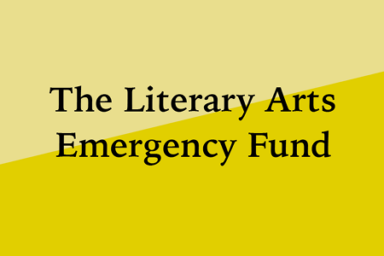Everyone imagines, but creative opportunities are often linked to income, zip code, and identity. Our work challenges that fundamental inequity.
Arts and cultural organizations, public agencies, schools districts, and foundations draw on WolfBrown’s program design, thought partnership, evaluation, and research skills, related to creative opportunities, to:
- Develop more equitable and innovative programs that reach anyone who wants to take part. This includes community members, young people, families, artists, and cultural workers.
- Create participatory evaluations that engage staff, artists, teaching artists, family members, and youth as co-researchers and reflective practitioners. We use data to strengthen programs and build their impact.
- Use both qualitative and quantitative data to examine why and how programs affect the lives of participants.
- Design and conduct evaluations and research projects that speak to the public value and impact of programs.
- Write case studies that share nuanced portraits of programs at work.
- Mentor emerging field leaders through projects and exchanges. We examine the assumptions of our field and build more forward-looking and inclusive practices.
In all of our projects, we work collaboratively with clients and their communities to think in innovative and candid ways. We consider the full array of results they are achieving and to identify the frontiers for their work. In many cases, we are able to present or publish results in ways that attract attention, connections, and funding for our clients and the issues they are pursuing.
Our current work stretches across the United States and beyond to collaborate with many organizations. These include Arts for Learning Maryland, Bloomberg Philanthropies, Carnegie Hall, Ghetto Film School, the William Penn Foundation, and the Department of Education (Education Innovation and Research Program).

To dive deeper into how we work and what we accomplish, explore some of our current and recent projects. You can read our newsletter titled “Amplifying Creative Opportunities” as well.























